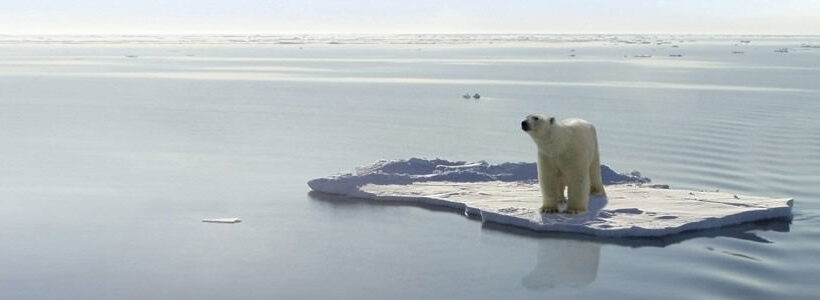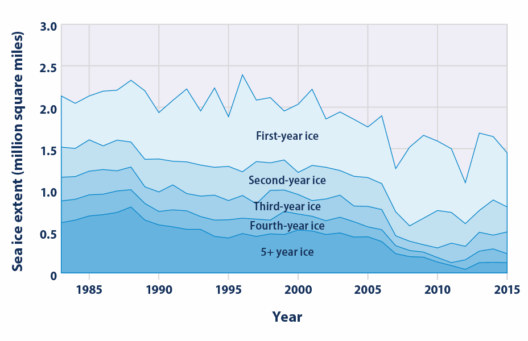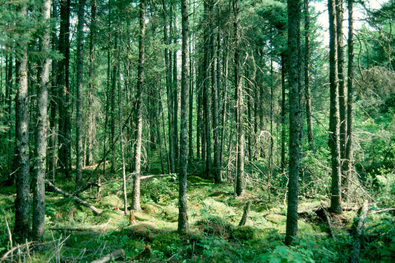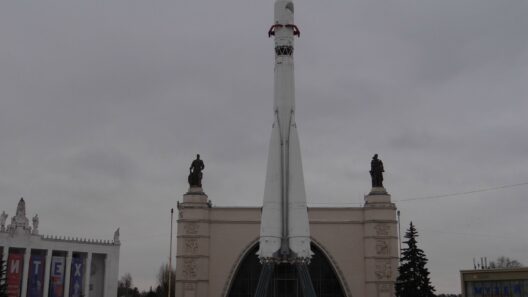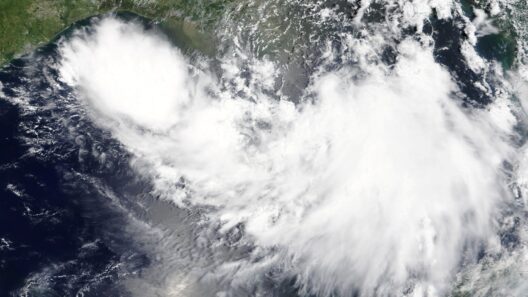Michael Crichton, a titan of modern literature and a purveyor of speculative fiction, navigated the tumultuous waters of scientific inquiry with his characteristic acumen. For many, his imaginative narratives demand rigorous examination, especially regarding the pivotal topic of climate change. This analysis seeks to unravel Crichton’s position on global warming, separating the glittering strands of fiction from the bedrock of scientific fact.
At first glance, Crichton’s oeuvre is a labyrinthine playground where science meets the vivid tapestry of human emotion and intrigue. His novels often crack open the shell of technological advancement to reveal the delicious, sometimes insidious, nature of human ambition. In works like “State of Fear,” Crichton’s skepticism toward the mainstream scientific consensus on climate change is palpable, as he embarks on a narrative journey that questions the validity of environmental alarmism.
Crichton posits that climate change is a complex phenomenon, entangled in variables that are not easily quantified or understood. This perspective aligns him with a contingent of scientists and thinkers who argue that scientific predictions are frequently pervaded by uncertainty. Through a fictional lens, he examines how data can be manipulated, a metaphorical commentary suggesting that even the most daunting figures can morph into ‘monsters’ of misinformation when viewed through a biased lens.
This bears a resemblance to the fable of the Blind Men and the Elephant: each observer grasps a piece of the truth, yet fails to perceive the entirety of the beast. Within this metaphor, climate change too often suffers from selective interpretation. Crichton’s narrative serves as a cautionary tale against the dogma of any single perspective, urging readers to interrogate the credence of the claims made in the name of science.
However, while Crichton’s fiction deftly interrogates the malleability of scientific data, it is critical to discern whether his storytelling represents genuine skepticism or an unyielding denial of climate principles. In “State of Fear,” there is an overt challenge to the methods of environmental activists. The protagonist’s journey threads through intricacies of scientific data, emphasizing how fear can breed irrationality. Yet, this also raises the question: does Crichton’s narrative ultimately serve as a destablizing force in the wider discourse on global warming?
It is essential to differentiate the literary techniques from his personal convictions. Crichton was notorious for his rigorous research, weaving fact and fiction so seamlessly that one might question the veracity of either. In interviews, he clarified his stance; he did not deny that climate change exists, but rather critiqued the process by which it was being communicated and the ensuing panic incited by this discourse. This distinction is crucial; acknowledging climate change’s existence but questioning the overarching narratives surrounding it does not equate to outright dismissal.
As the reader peers deeper into the layers of Crichton’s work, confusion may arise regarding his actual stance. He became an emblem of the cultural polarity surrounding climate change—a character cast in shades of gray within a landscape polarized between alarmism and denial. His narratives accentuate a prevalent societal fear: that humanity is at the mercy of its own machinations, where even the most trivial decisions inch us closer to cataclysm. This aligns with the proverbial tale of Pandora’s box; once opened, the consequences echo beyond the initial act, compelling humanity to face the chaotic aftermath.
Crichton’s critique of modern environmentalism extends beyond mere skepticism; it serves as a rich soil for sowing seeds of discourse. Through his works, he effectively amplifies the pluralistic debates that surround climate science, thereby encouraging a thorough and rigorous examination. Are scientific conclusions the result of undisputed fact, or do they merely reflect the zeitgeist of the time? Yet, in exploring these realms, the allure lies in recognizing the potential misinterpretations that can arise when sensationalism takes precedence over scientific rigor.
Ultimately, examining Crichton’s literary contributions unfurls a tapestry of reflections upon humanity’s relationship with nature. His thought-provoking narratives urge us to remain vigilant and skeptical while simultaneously recognizing the urgency of climate action. Crichton, as a storyteller, inspires readers not to accept narratives at face value but to delve deeper, harnessing critical thinking to navigate through the thicket of information. Just as the ocean is influenced by multifaceted currents, so too is the climate shaped by myriad factors, each warranting thorough exploration.
In conclusion, does Michael Crichton believe in global warming? The answer resides not in a simplistic dichotomy but within the nuances of his storytelling. While his narratives might be viewed as a critique of alarmist tendencies, they simultaneously illuminate the complexity of the climate discussion. This is both an invitation and a challenge: to foster dialogue rooted in empirical evidence rather than emotive rhetoric. In the unyielding quest for understanding climate change, every voice—including that of Crichton’s—serves as a stepping stone towards a more informed, holistic perspective on our planet’s future.



